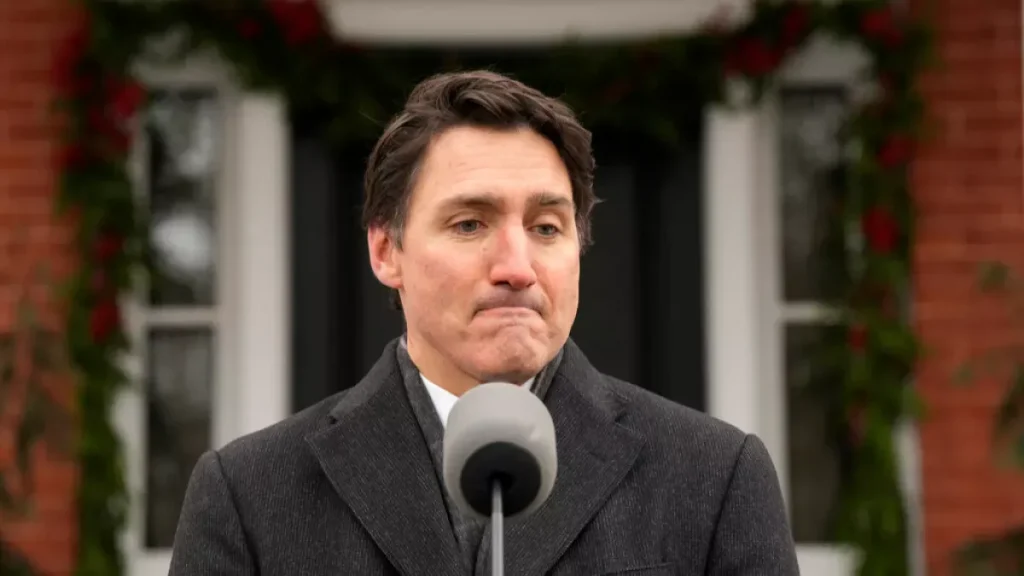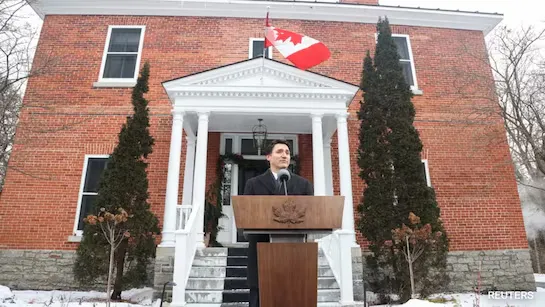Justin Trudeau, Canada’s Prime Minister and leader of the Liberal Party, recently announced his decision to step down amid political challenges and economic concerns. He will remain in his roles until the Liberal Party selects a new leader. Here’s what to expect in the coming months.

Leadership Transition Timeline
Canada’s process of electing a new party leader can take months, unlike countries with quicker parliamentary systems. Trudeau has urged the party to expedite the process to ensure a smooth transition before the next election. Past leadership contests in the Liberal Party have taken up to eight months, but the current situation may call for a faster approach to address low polling numbers and election challenges.
Potential Successors
Several prominent figures are expected to run for the Liberal Party leadership, including:
- Francois-Philippe Champagne (Innovation Minister)
- Anita Anand (Transport Minister)
- Melanie Joly (Foreign Minister)
- Chrystia Freeland (Former Finance Minister)
Additionally, Mark Carney, former Bank of Canada Governor, could be a contender, though he would need a parliamentary seat to take office.
Upcoming Election Plans
Parliament will remain suspended until March 24, delaying opposition efforts to challenge the government. While elections are officially scheduled for October, they could occur earlier if opposition parties successfully push for a no-confidence vote after Parliament resumes. However, procedural flexibility might allow the Liberals to maintain power until the scheduled election date.

Confidence Votes and Budget Challenges
The Liberal government could face confidence votes over spending measures or the annual budget, likely unveiled in April. These votes may determine whether Trudeau or his successor remains in power. Opposition parties, including the Conservatives and New Democratic Party, are keen to bring the Liberals down during these critical moments.
Constitutional Limits on Trudeau’s Removal
Canada’s Governor General, Mary Simon, holds theoretical power to dismiss the Prime Minister but is unlikely to intervene unless Parliament formally withdraws its confidence. Trudeau’s position remains secure until such a motion passes.
Public Reactions and Challenges
Trudeau’s announcement follows a period of declining approval, with his popularity dropping from 63% during his early days in office to 28%. Key factors contributing to this decline include:
- Strained relations with India since 2023
- Economic challenges, including Donald Trump’s tariff threats
- Criticism over domestic policy management
Canada now stands at a political crossroads, with Trudeau’s resignation setting the stage for significant change in leadership and governance. The coming months will determine the Liberal Party’s future and its impact on the nation’s political landscape.
